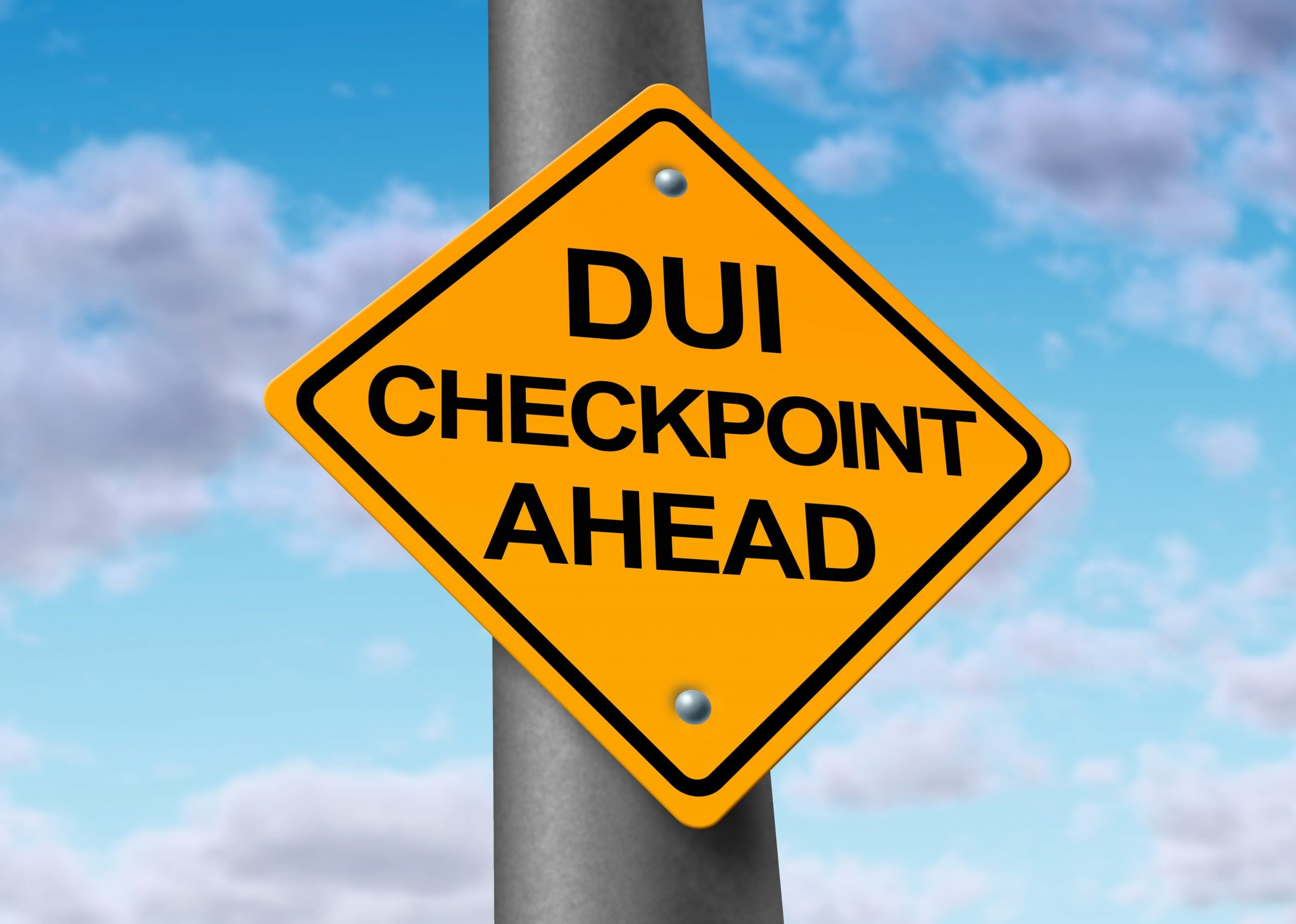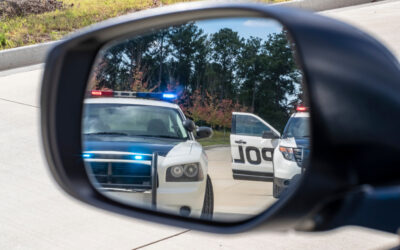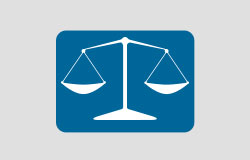Police officers in California sometimes set up sobriety checkpoints to catch people driving under the influence (DUI). Law enforcement officers can issue arrests for drivers with a high blood alcohol content (BAC) at these checks. So, do you have to stop at a DUI checkpoint in California?
If you drive up to a DUI checkpoint, you must stop. However, you can legally take a different route to avoid the stop if you obey all traffic rules when turning around. A Los Angeles DUI lawyer can help you learn more about these checks.
Call or complete our online contact form if you have questions about your rights at a DUI stop.
Who Has to Stop at DUI Checkpoints in California?
Anyone who drives into a DUI checkpoint must halt their vehicle and follow law enforcement instructions. This is an exception to the standard rule that officers cannot pull someone over without a reason.
California does not consider DUI checkpoints a violation of your constitutional rights.
Why are there DUI checkpoints? Law enforcement officers often set them up in an attempt to catch drunk drivers as part of their impaired driver enforcement programs.
Are DUI Checkpoints Legal?
California considers DUI checkpoints legal because they function as administrative inspections. Therefore, police officers can perform these checks even though they typically can only stop a driver if they have reasonable cause to believe a crime occurred.
However, in order to remain legal, the police must follow set rules that protect driver rights. In fact, the police will have to follow eight guidelines set up in the Ingersoll v. Palmer ruling from the California Supreme Court.
These regulations state that the police can only run a DUI checkpoint if they:
- Have a supervising officer on-site
- Stop everyone in an unbiased way
- Place the stop in a reasonable location

- Provide safety precautions
- Schedule the checkpoint with good judgment
- Provide adequate signs about the location of the checkpoint
- Keep drivers a minimal amount of time
A lawyer may build your defense if a police officer violates any of these checkpoint rules.
Can You Avoid a DUI Checkpoint?
Technically, drivers can turn around before reaching a DUI checkpoint in some cases. In fact, it’s illegal for police to pull you over simply because you drove away. However, you must obey all traffic laws if you turn around. Making an illegal U-turn can result in an arrest.
Additionally, you must drive safely if you want to avoid a sobriety checkpoint inspection. Driving aggressively can be seen as evidence of impaired driving, giving the police reasonable suspicion to pull you over and potentially leading to criminal charges.
Generally, law enforcement agencies have to provide sufficient warning of an upcoming checkpoint, so it’s essential to pay attention while driving if you want to avoid a stop.
Find Out What Happens During a DUI Checkpoint
You can review the general procedures involved in a DUI checkpoint with a criminal defense lawyer. Typically, you’ll see signs to notify you of the stop. Sometimes, police officers will wave you through without stopping.
You must follow all instructions from officers if they stop you. Prepare to:
- Roll your window down
- Provide your driver’s license
- Show a copy of your registration
Failure to follow all instructions could result in a charge for obstruction of justice, so make sure you comply with all legal requirements.
What Charges Can You Face at a DUI Checkpoint?
DUI checkpoints focus on finding drivers impaired by alcohol. However, you may face charges for other traffic violations. Common charges include:
Driving Without a License
The police will check your license at many DUI checkpoints. If you do not have a valid license with you, you can face charges for driving without a license.
Driving Under the Influence
Police officers look for evidence that you’re drinking and driving at a checkpoint stop. You may face charges under Vehicle Code 23152 (a) if they suspect you’re impaired by alcohol or drugs.
Other Traffic Violations
Law enforcement may also ticket you for additional violations. For example, you may receive a warning if they notice that you have a damaged taillight while you’re stopped.
Will the Police Perform Roadside Tests?
Police officers may ask you to comply with DUI testing at a checkpoint. Legally, you can refuse tests before an arrest, though they may still arrest you. After an arrest, you must comply with the tests, or you can face legal penalties.
Depending on your situation, law enforcement may ask you to:
- Perform field sobriety tests (FSTs)
- Take preliminary alcohol screening tests (PAS)
- Agree to a blood alcohol test
Generally, lawyers recommend that you comply with these tests. They all have a reputation for returning false results, so a lawyer may dispute the outcome and help you even if you think you failed the test.
Learn More About Stopping at a DUI Checkpoint
Do you have to stop at a DUI checkpoint in California? Motor vehicle drivers who cannot avoid a checkpoint must stop their vehicles. This stop could lead to an arrest. However, an arrest at a checkpoint does not automatically result in a DUI conviction.
Checkpoints must follow an exact set of rules. You can learn more about DUI checkpoints when you contact us by calling or completing our online contact form. Get ready to learn more and discuss your legal defense.








